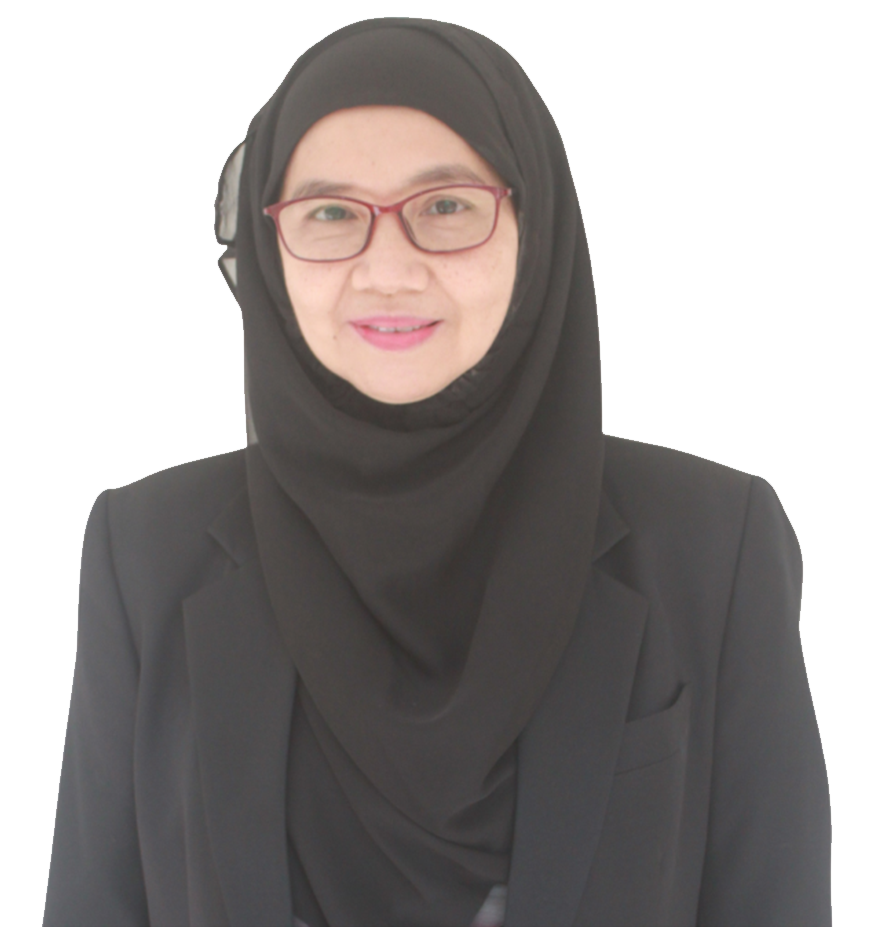About iMET
Many Islamic schools in Malaysia offer diverse models, attracting parents from various socioeconomic backgrounds who feel that mainstream education falls short in fully nurturing their children’s knowledge, morals, spirituality, and Islamic practices. Despite the higher costs, parents trust the Islamic education system to develop well-rounded individuals with strong religious values.
However, key issues in Islamic education include flexibility in curriculum and assessment, along with a lack of professionalism among teachers. Additionally, there is no unified body to assess, certify, and improve the quality and standards of Islamic education at the school level.
In 2020, Professor Emeritus Tan Sri Mohd Kamal Hassan, Chairman of the Advisory Board for Education Coordination (Lembaga Penasihat Penyelarasan Pelajaran/LEPAI), and Dr. Khodori Ahmad, President of the Federation of Islamic Education Associations of Malaysia (GaPIM) and former Deputy Director of the Malaysian Examinations Board, proposed establishing the Council of Assessment for Islamic Education (Majlis Pentaksiran Pendidikan Islam Malaysia/MPPI) under IIUM. IIUM was chosen for its distinguished reputation as a leader in advancing Islamic education quality.
The Council of Assessment for Islamic Education was then established by IIUM to demonstrate its commitment to enhancing the quality and well-being of students, teachers, and educators in Islamic education. This initiative resulted from a collaborative effort between IIUM, GaPIM, and Musleh Integrated Education Berhad(MIEB) or formerly known as IKRAM-Musleh Sdn. Bhd.
Message From The Director of iMET
In life, we are continuously being assessed to learn and improve ourselves. Evidently, assessment forms learning and growth; it brings the best in our institution, professionals, staff, students, and even in creating our own learning and performance. It nurtures intangibles of importance, be it our beliefs, values, norms, and intra- and inter-personal personal interactions that contribute to our wellbeing, as well as to the welfare of fellow human beings, and other creatures.
The likelihood fostering these human potentials is contingent upon the validity, reliability, flexibility, and fairness of assessment practices. In sum, the use of valid, flexible and fair measurement mechanism and process, and accompanied by reliable interpretation and action on the results, would make a difference in learning and performance. Thus, as educators it is imperative that we learn and use high quality assessment.
Inspired by the position it takes in the Islamic worldview, the IIUM formed Center for Measurement, Evaluation, and Testing (iMET) in 2020. The University decided that there is a need to capitalize on the efficacy of assessment for sejahtera and sustainable growth of Islamic education. The assessment philosophy and policy at IIUM aim to elevate educators, teachers, instructors, and murabbis’ ability to humanise education to the extent that they would be able to manifest the attributes of Khalīfah, Amānah. Iqra’, and Raḥmatan lil-ʿĀlamīn” (KhAIR) across time and space.
وَبِاللهِ التَّوْفِيْقُ والهِدَايَةُ وَ السَّلاَمُ عَلَيْكُمْ وَرَحْمَةُ اللهِ وَبَرَكَاتُهُ
Ainol Madziah bt Zubairi (Prof. Dr.)


